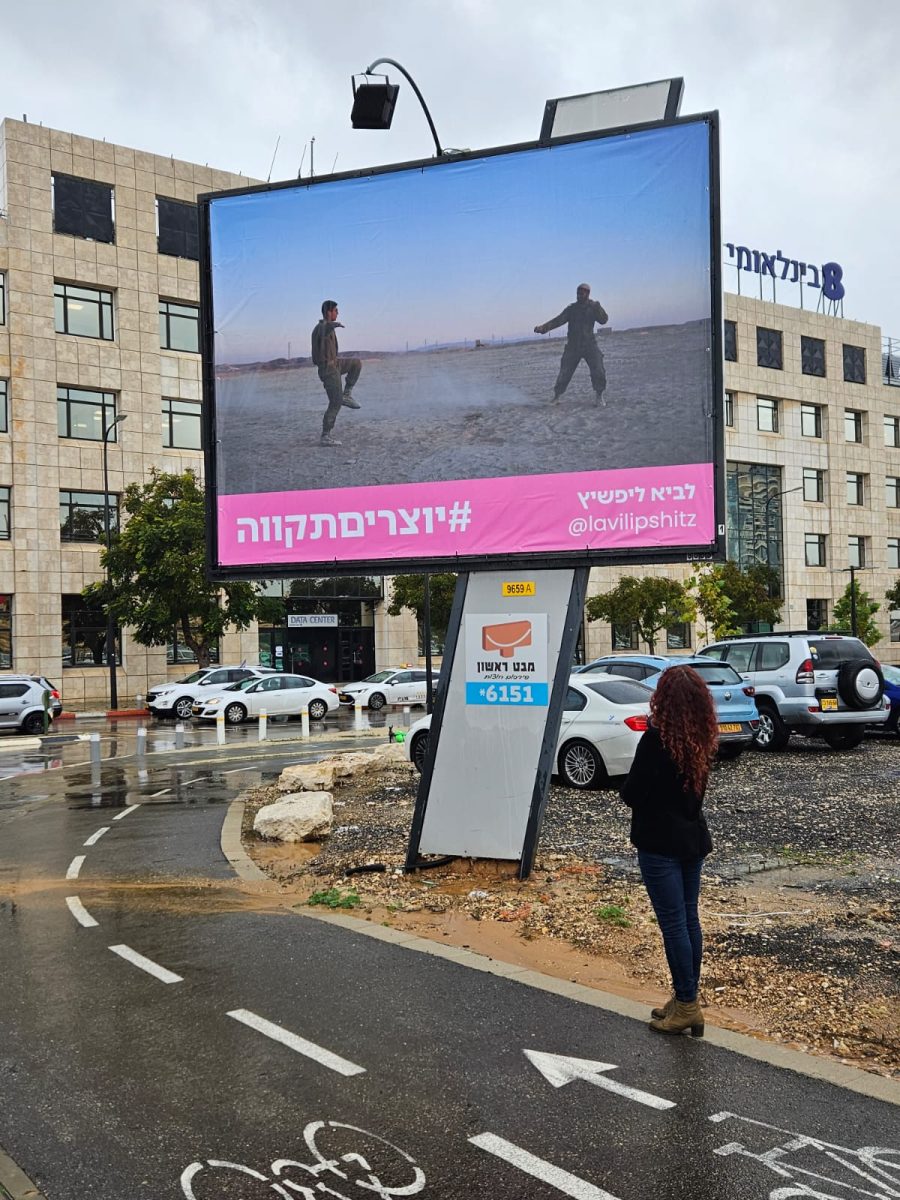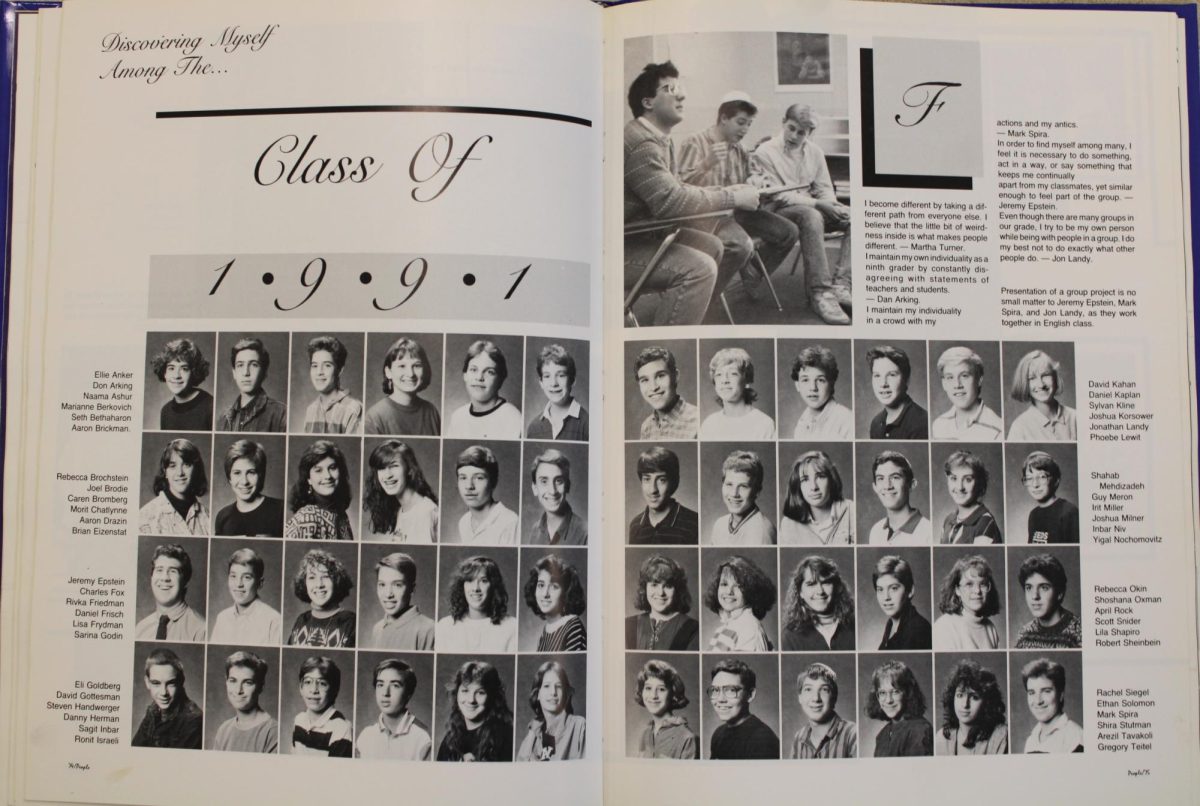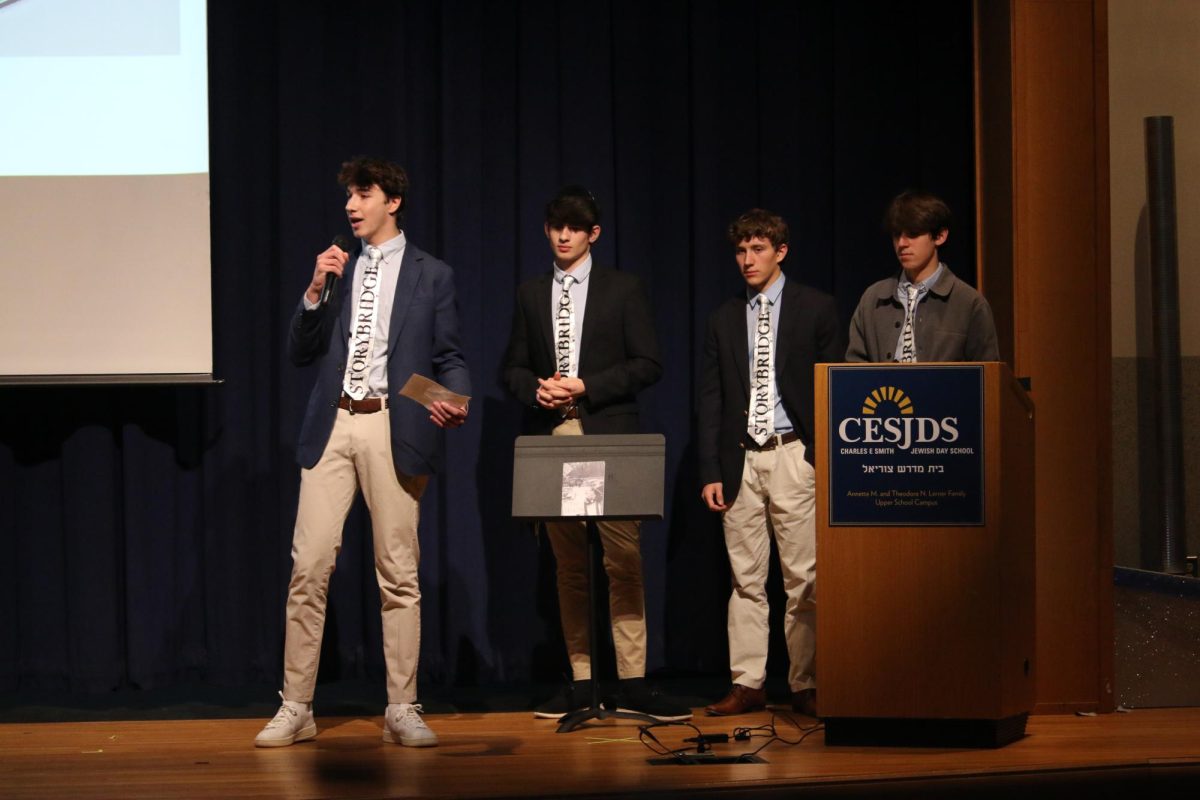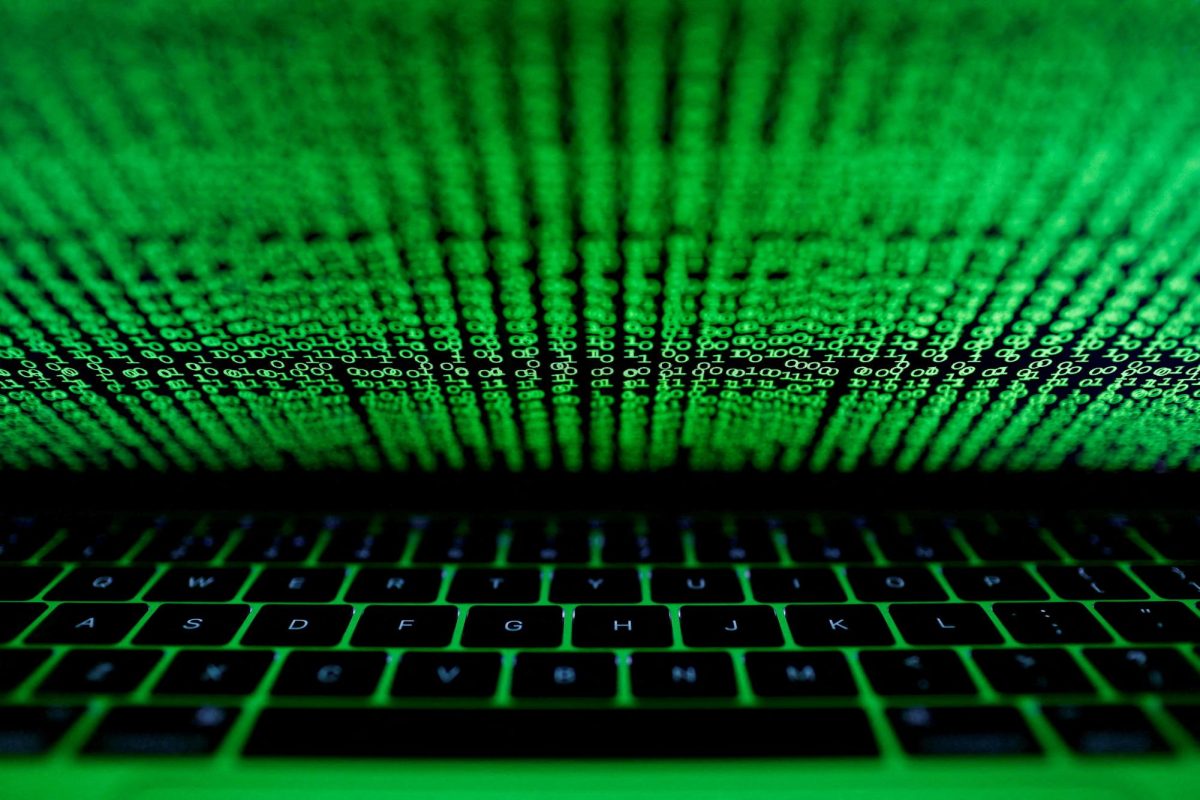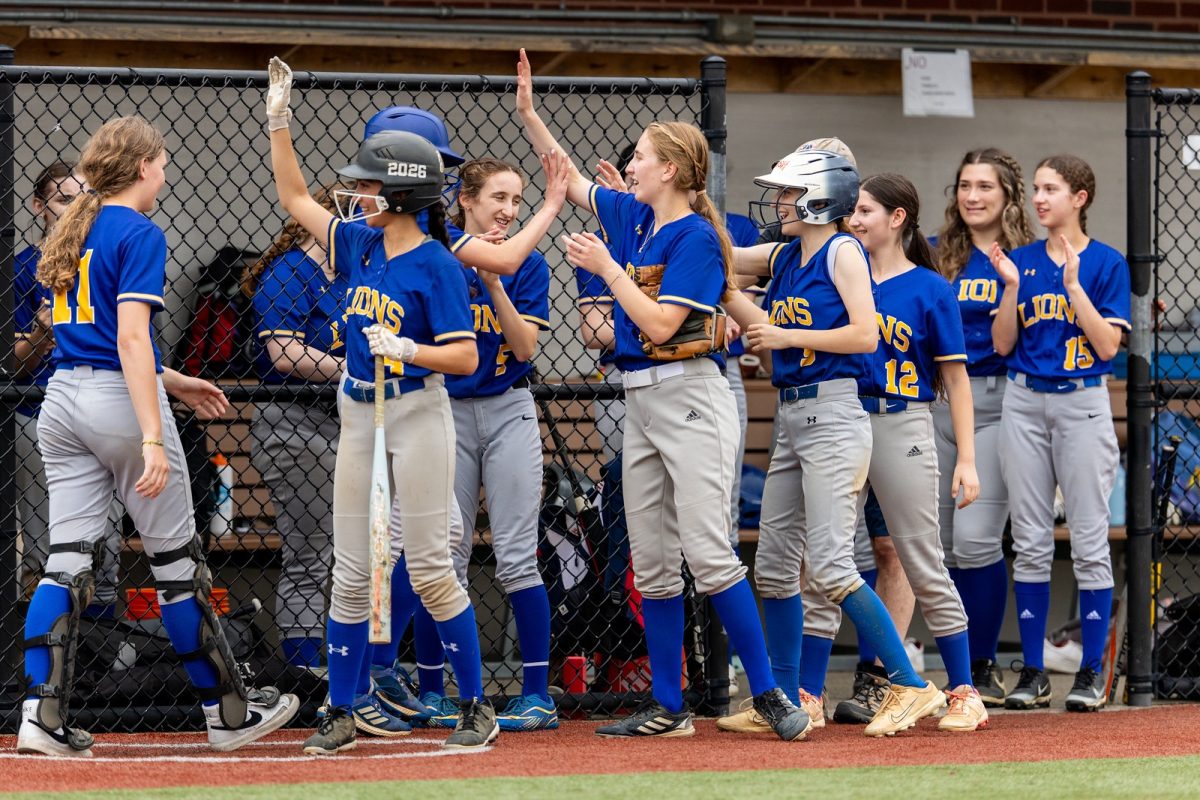When Israelis open google maps, the first suggestion they receive is one for a bomb shelter. Despite a return to semi-normality, the war between Israel and Hamas that broke out on Oct. 7 is ongoing, with new nuances, discoveries and attempts for agreements. Today is the 153th day of war and there remain 134 hostages in Gaza, although that number has not been confirmed by Hamas, and it is uncertain if there are some that have died.
From protests within Israel, attempts at hostage and ceasefire deals and commemorative ceremonies to elections, there are effects from the war on Israel and the wider world.
“It starts to seem as if we’re going back to normal life,” former CESJDS student and Israeli Ayala Karo said. “And everything is functioning as normal. But although we’re going to school and we have other stuff going on, [the war is] still a big part of everyday life. And it affects us in many ways. And it’s not something that can just be put aside because it’s not at its climax anymore.”
The return to a new normal has allowed Israel to hold postponed elections. On Feb. 27, Israel held municipal elections, which had originally been meant to occur on Oct. 31 but were postponed due to the war.
However, there have been many protests in both the US and Israel regarding the government’s response to the war. On Feb. 28, Defense Minister Yoav Gallant called for a bill to end the exemption of ultra-Orthodox Jews from the IDF. This was met with major pushback from this population, and on March 3, many ultra-Orthodox Jews blocked a highway in protest. The protest ended with the help of local Israel police.
In the US, protests against the war have had a different nature. In Michigan, 15% of voters voted uncommitted in primaries due to their distaste in President Biden’s approach to the conflict. Furthermore, the amount of anti-Israel student protests has largely grown throughout the month of February.
Notable anti-Israel events include the forced evacuation of students attending a talk from an Israeli lawyer after 200 anti-Israel protestors broke two windows and a door, the Columbia University’s Task Force on Antisemitism recently confirmed student claims of antisemitism and the approval of anti-Israel resolutions in the Tufts student senate where Jewish students were “reportedly told they smelled, [and] were spat on.”
“It’s not easy, but I want [these students] to keep their Judaism and to be proud [to be] Jewish and to fight for Israel,” high school Hebrew teacher Anat Kaufman said. “…We can’t be afraid to be who we are… So we need to support each other but also learn how to fight for ourselves.”
At JDS, there are frequent news updates in Hebrew classes, and prayers at Kab Shab for the hostages and the state of Israel. Sophomore and Israeli Shira Liberty appreciates the school’s response to the conflict, but thinks JDS can do even more.
“I feel like they can speak more about the stories of people in Israel,” Liberty said. “[O]n October 7, a lot of people [were] heroes and did stuff they didn’t have to do. And I think telling their story is very important. And I think a lot of people would be happy to hear about their stories.”
Back in Israel, hostage families marched for four days from the Supernova massacre site to Jerusalem. The UN has found “reasonable grounds to believe” sexual violence against the hostages has taken place. However, Hamas has recently pulled out of talks aimed at securing a ceasefire despite weeks of the US attempting to achieve one by the start of Ramadan.
Nonetheless, Israelis are full of hope, and in Israel, everywhere you look, from street signs to cottage cheese containers, there are signs with the slogan “Yachad Nenatzeach” (together we will win).
“[The war] isn’t over,” Karo said. “…For us, this is our lives, it’s very easy to just be completely disconnected from it and act as if nothing’s happening-but it is a privilege in some ways, at this point.”


